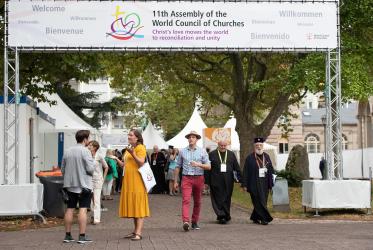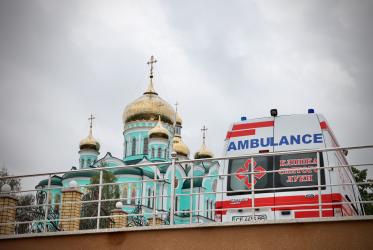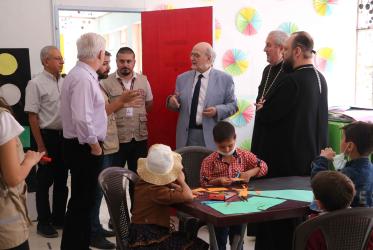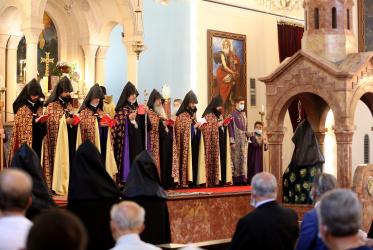Displaying 1 - 19 of 19
22 August 2023
Ukraine: Responding to humanitarian need
08 September 2022
Promoting human dignity through art
06 September 2022
Monastery in Ukraine responds to the consequences of war
09 August 2022
In Lebanon, “without peace there is no justice”
21 July 2021
In pictures: Week of Prayer for Christian Unity
01 February 2021

















